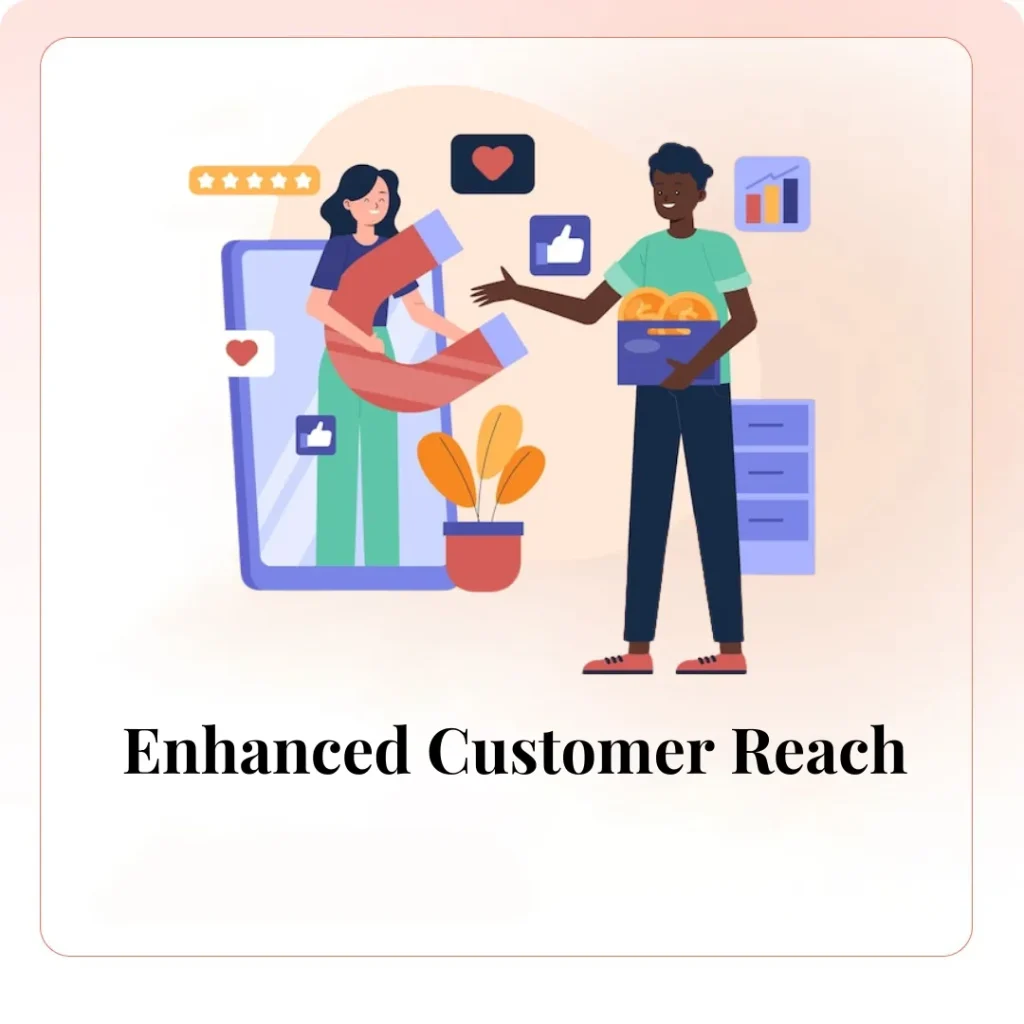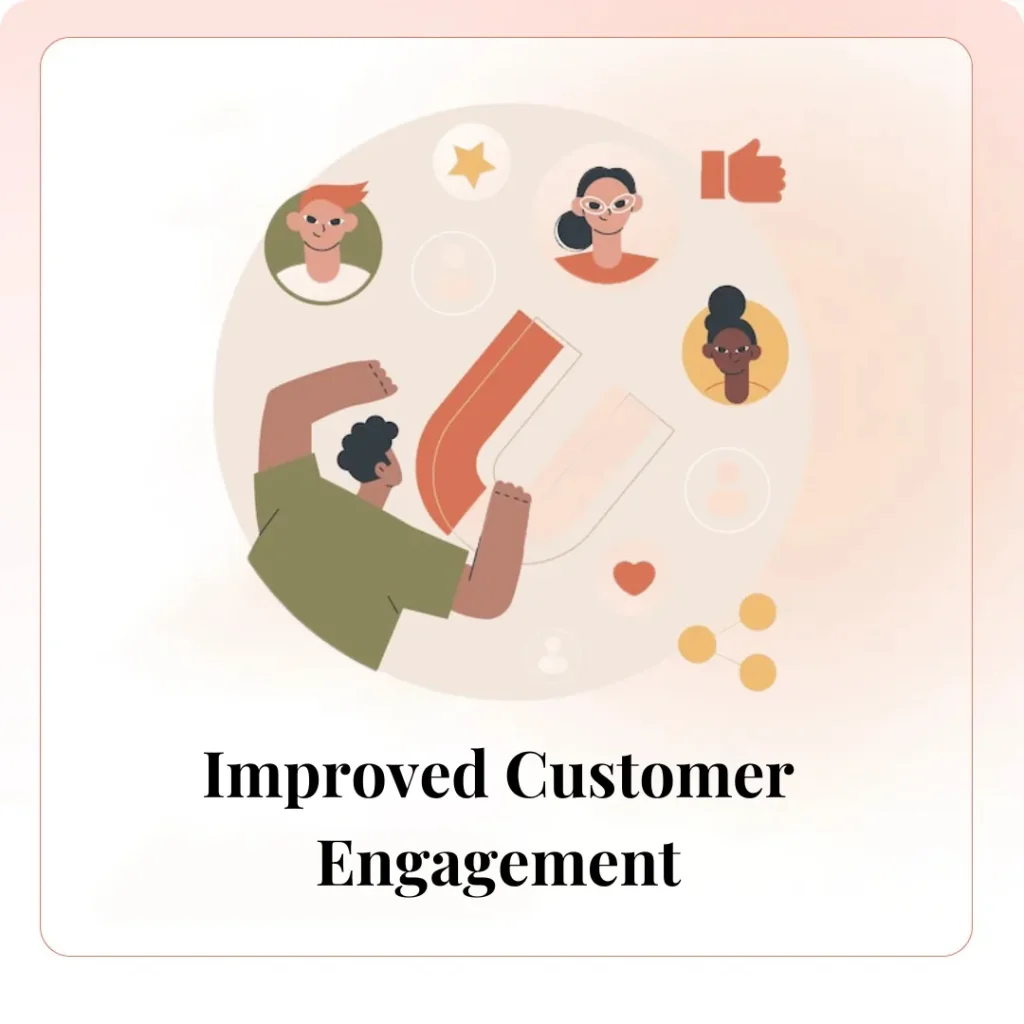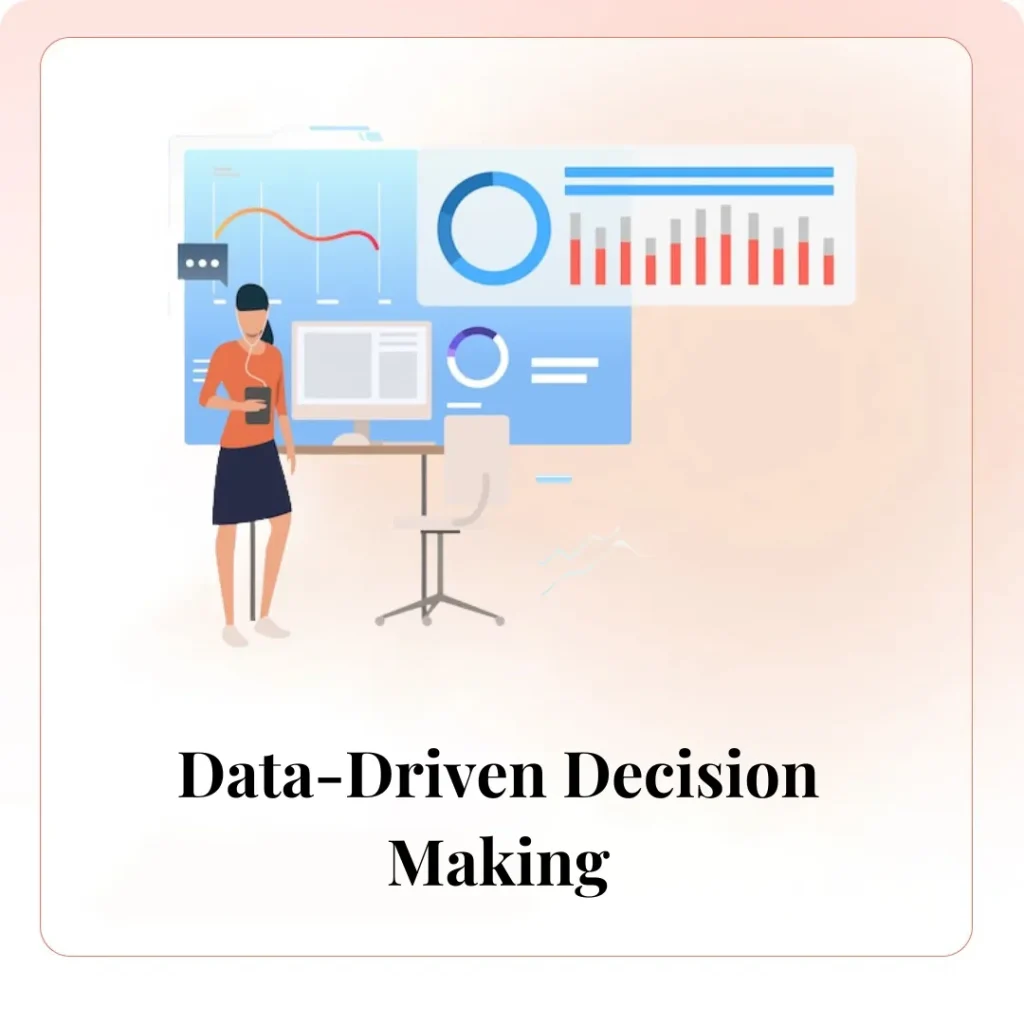Digital marketing has revolutionized various industries, and the financial sector is no exception. With the rapid digital transformation, financial institutions are leveraging digital marketing to enhance their reach, engage customers, and drive growth. In this blog, we will explore the significant role of digital marketing in the financial industry, its benefits, and why partnering with the best digital marketing agencies in Nashik can help financial businesses achieve their goals.
Understanding Digital Marketing in the Financial Industry
Digital marketing encompasses a wide range of online strategies aimed at promoting products and services. In the financial industry, it involves using digital channels such as websites, social media, email, search engines, and more to reach and engage with customers. The primary objective is to attract, convert, and retain clients by delivering personalized and value-driven content.
Key Components of Digital Marketing in Finance
- Search Engine Optimization (SEO): Enhancing the visibility of financial services on search engines to attract organic traffic and increase brand awareness.
- Content Marketing: Creating informative and valuable content that educates customers about financial products and services, building trust and credibility.
- Social Media Marketing: Utilizing social media platforms to connect with customers, share insights, and promote financial offerings.
- Email Marketing: Sending personalized and targeted emails to nurture leads, provide updates, and encourage customer engagement.
- Pay-Per-Click (PPC) Advertising: Running targeted ad campaigns to drive traffic and conversions through paid advertisements.
- Influencer Marketing: Partnering with influencers to reach a broader audience and build brand authority.
- Web Design and Development: Creating user-friendly, responsive, and secure websites that provide a seamless user experience.
- Analytics and Reporting: Tracking and analyzing marketing performance to optimize campaigns and make data-driven decisions.
Benefits of Digital Marketing in the Financial Industry
1. Enhanced Customer Reach
- Geographic Expansion
Digital marketing enables financial institutions to reach a global audience, breaking down geographical barriers. By implementing targeted online campaigns, businesses can attract customers from different regions and expand their market reach.
- Diverse Demographic Targeting
Through sophisticated targeting options available on digital platforms, financial institutions can reach specific demographics that align with their services. This ensures that marketing efforts are directed towards potential customers who are more likely to convert.

2. Improved Customer Engagement

- Personalized Communication
Digital marketing allows for personalized interactions with customers. By using data analytics and customer insights, financial institutions can tailor their messages to meet the specific needs and preferences of their audience, enhancing engagement and satisfaction.
- Real-Time Interaction
Social media platforms and other digital channels facilitate real-time communication with customers. Financial institutions can address customer queries, provide support, and engage in meaningful conversations, building stronger relationships and trust.
3. Cost-Effective Marketing
- Lower Advertising Costs
Compared to traditional marketing methods, digital marketing is more cost-effective. Online advertising platforms, such as Google Ads and social media ads, offer flexible budgeting options and allow businesses to only pay for actual clicks or impressions, maximizing the return on investment (ROI).
- Efficient Resource Allocation
Digital marketing enables precise tracking and measurement of campaign performance. This allows financial institutions to allocate their marketing budget more efficiently, focusing on strategies that yield the highest ROI.

4. Data-Driven Decision Making

Comprehensive Analytics
Digital marketing provides access to a wealth of data and analytics. Financial institutions can track various metrics, such as website traffic, conversion rates, and customer behavior, to gain insights into the effectiveness of their marketing efforts.
Continuous Optimization
With data-driven insights, financial institutions can continuously optimize their marketing strategies. By identifying what works and what doesn’t, they can make informed decisions and adjust their campaigns to achieve better results.
5. Enhanced Brand Credibility
- Thought Leadership
Content marketing plays a crucial role in establishing financial institutions as thought leaders in the industry. By creating informative and valuable content, businesses can educate their audience, build trust, and position themselves as experts.
- Influencer Partnerships
Collaborating with industry influencers can significantly boost a financial institution’s credibility. Influencers have a loyal following and can effectively endorse financial products and services, enhancing brand trust and visibility.

6. Increased Customer Acquisition and Retention

- Lead Generation
Digital marketing strategies, such as SEO, PPC, and social media advertising, are highly effective in generating leads. Financial institutions can attract potential customers who are actively searching for financial solutions, increasing the chances of conversion.
- Customer Loyalty Programs
Email marketing and personalized campaigns help nurture leads and retain existing customers. Financial institutions can offer exclusive deals, updates, and personalized recommendations, fostering customer loyalty and long-term relationships.
7. Efficient Customer Support
- Automated Solutions
Chatbots and automated customer support solutions can handle common queries and issues, providing quick and efficient assistance. This improves the overall customer experience and frees up human resources for more complex tasks.
- Multi-Channel Support
Digital marketing enables financial institutions to provide support across multiple channels, including social media, email, and live chat. This ensures that customers can reach out through their preferred communication method, enhancing satisfaction and loyalty.

8 .Innovation and Competitive Edge

- Adapting to Trends
The digital landscape is constantly evolving, and financial institutions that embrace digital marketing can stay ahead of trends and innovations. This allows them to offer cutting-edge solutions and stay competitive in the market.
- Agile Marketing Strategies
Digital marketing is inherently flexible, allowing financial institutions to quickly adapt their strategies in response to market changes. This agility ensures that businesses can respond to new opportunities and challenges effectively.
Conclusion
Digital marketing plays a pivotal role in the financial industry, offering numerous benefits such as enhanced customer reach, improved engagement, cost-effective marketing, and data-driven decision-making. Financial institutions can significantly enhance their marketing efforts by partnering with the best digital marketing agencies, like those in Nashik. Agencies like Osumare bring expertise, customized strategies, and innovative solutions that help financial businesses thrive in the digital age.
Embrace the power of digital marketing and watch your financial institution reach new heights. For businesses in Nashik, partnering with top digital marketing agencies can make all the difference in achieving marketing success. Visit Osumare’s website to learn more about their services and how they can help your financial institution succeed.

